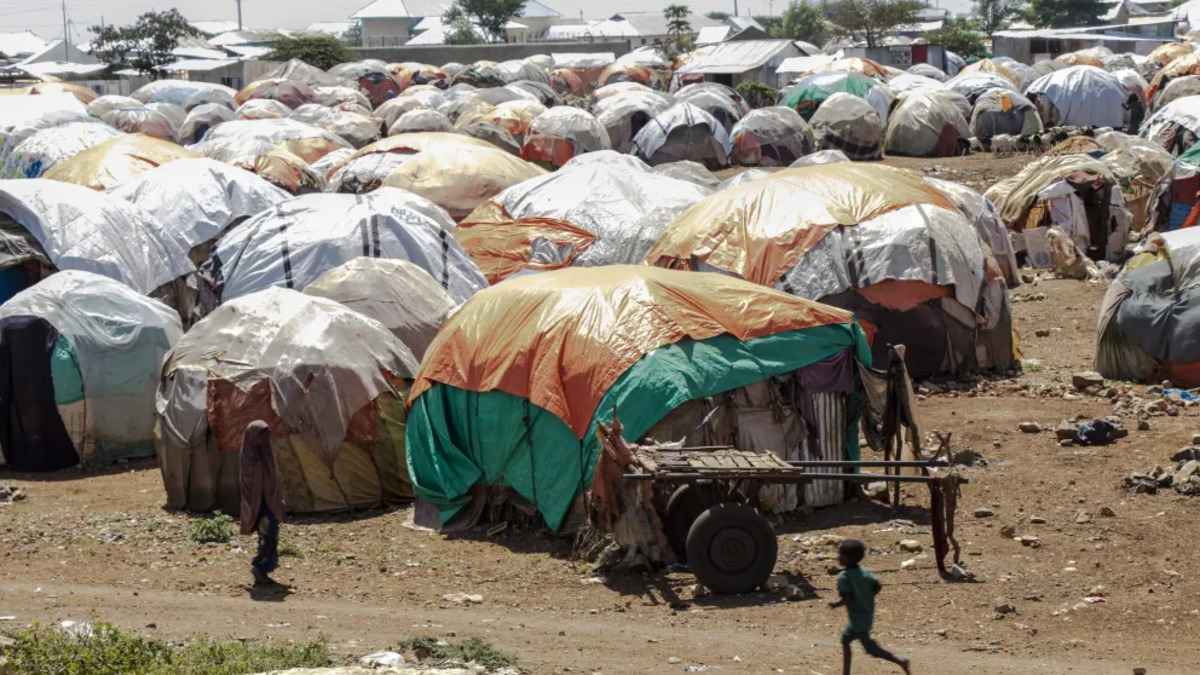The Cycle of Conflict and Poverty is not only undeniable but deeply entrenched. Conflict pushes people deeper into poverty, while poverty, in turn, creates conditions that give rise to further conflict. As of 2025, nearly 40% of the world’s 700 million people living in extreme poverty are in regions affected by conflict. Unsurprisingly, many of these same countries rank among the lowest on the Human Development Index, highlighting the severity of this destructive cycle.
Understanding the Cycle of Conflict and Poverty
At the heart of this issue lies a reinforcing loop: poverty breeds hopelessness and unrest; unrest undermines institutions and public services, spiraling into instability. Fragile economies plagued by inequality, corruption, and slow development become breeding grounds for violence. As institutions crumble, recovery becomes harder, perpetuating the cycle.
A Tense Global Backdrop
The world today faces a rise in both the number and longevity of conflicts. More than 120 million people are currently displaced due to war and violence. If current trends continue, by 2030, two-thirds of the global population could find themselves living in fragile or conflict-affected nations.
Development as a Peace Tool
Investing in development is not just about economic growth—it’s a preventive measure against conflict. But global progress has stalled. We’re witnessing a development emergency: nearly two-thirds of Sustainable Development Goals (SDGs) are off-track. To meet these goals, developing nations collectively require over $4 trillion each year.
The Financial Strain on the Global South
Developing countries are burdened with high debt and limited fiscal flexibility. Inflation and rising costs only deepen the crisis. UN Secretary-General António Guterres has called for stronger international solidarity and commitment to ease these financial pressures.
Pathways to Break the Cycle
Addressing this complex challenge requires bold, coordinated actions:
- Debt relief for the most vulnerable economies
- Reforms in the global financial system to ensure fairer access for developing countries
- Targeted investment in food systems, education, and healthcare—areas that directly affect stability and growth
Climate Change: A Threat Multiplier
Climate change magnifies existing vulnerabilities. From crop failures to extreme weather events, it disrupts lives and livelihoods. Guterres urges investment in green technology and climate adaptation to build resilience and prevent climate-induced conflict.
Ensuring Fairness and Trust
Long-term peace depends on more than just economic aid. Societies need equitable access to essential resources—food, clean water, and digital connectivity. Equally important are transparent, accountable governance systems that foster public trust. Together, these elements lay the foundation for peace, stability, and shared prosperity.



